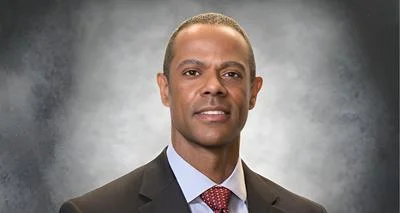Climate change presents a daunting challenge for economists, political scientists, and policymakers.
It features a global shared resource (namely, the atmosphere) magnified by massive uncertainty over both physical and economic processes. We all contribute to its cause, and we all potentially bear the costs of its consequences.
Since changes in greenhouse gas emissions affect the entire world, any successful coordination would require virtual unanimity rather than just coalition building. But as past experience has shown, reaching mutual consent among multiple heterogenous countries is a Herculean task.
Policymakers confront the task of trading off the risk of doing too little to combat climate change with excessive spending or regulation. The ideal policy position on climate change depends critically on the size and likelihood of negative outcomes, in view of the best available scientific and other fact-based evidence.
Reasonable people can disagree over the cost of an overly active climate strategy versus the cost of a passive one. Thus, they can agree on the scientific evidence but differ over the preferred strategy, which becomes mainly a value judgment.
For example, the preferred strategy depends (among other things) on people’s risk aversion to negative outcomes, given the existing scientific evidence and other relevant information. Some people may struggle more with an incorrect scientific conclusion that climate change has a high risk when in fact it has a low risk. The opportunity cost is in the form of excessive resources allocated to slowing climate change, which inevitably results in lower economic growth.
Climate policy certainly falls into a space where government action could very likely have bad consequences. This is especially true for green subsidies for renewable energy and energy efficiency, although appearing to be a suitable policy fails a cost-benefit test.
Economists consider subsidies for almost anything to be inefficient, usually politically motivated, and lasting too long. Their preference is to have the government reallocate funds for basic research. But, not surprisingly, political forces have given higher priority to existing clean technologies with their strong lobbyists than to potentially future ones.
For the electric industry, single-mindedness on climate change threatens other policy objectives, like reasonable and stable rates, affordable energy bills, economic growth, and reliable utility service. Relying more on markets to determine pricing would make energy storage and other environmentally friendly technologies more economical. Retail competition (giving consumers the right to choose their electricity supplier) has been shown to bolster green pricing, where utility customers voluntarily pay extra for electricity produced from clean energy.
Relevant to climate action is also the intergenerational issue of whether people today should sacrifice under an aggressive climate policy to benefit people in the far-out future, who are likely to have a much higher standard of living. Some climate activists view anything less than an all-out effort to attack climate change as a social injustice.
But isn’t it true that a fixation with climate change, bordering on irrational climate hypochondria, can deprive impoverished people, especially in less-developed countries, of the resources required for survival or progress? This makes no economic sense and reflects the insensitivity to the plight of poor people from those in wealthy countries absorbed with climate change and renewable energy, and the ridding of fossil fuels. Isn’t there also an “equity” problem here?
In economics, public choice theory predicts that government, composed of bureaucrats and politicians, lacks the necessary information and the right incentives to pursue policies that are in the public good. Can we then expect any climate policy dominated by interest-group politics to be in the public good? What we have seen up to now says no.
We will surely see in the years ahead more political posturing in mitigating climate change. So much talk and money have been expended on climate policy. What have we gotten out of it? I would say probably very little in terms of global temperature – no more than a rounding error. Don’t expect things to improve in the future. The bottom line: spending a lot of money on climate change has a negative social return. The sooner we realize that the better we all will be.
Kenneth W. Costello is a regulatory economist and independent consultant. He resides in Santa Fe.








